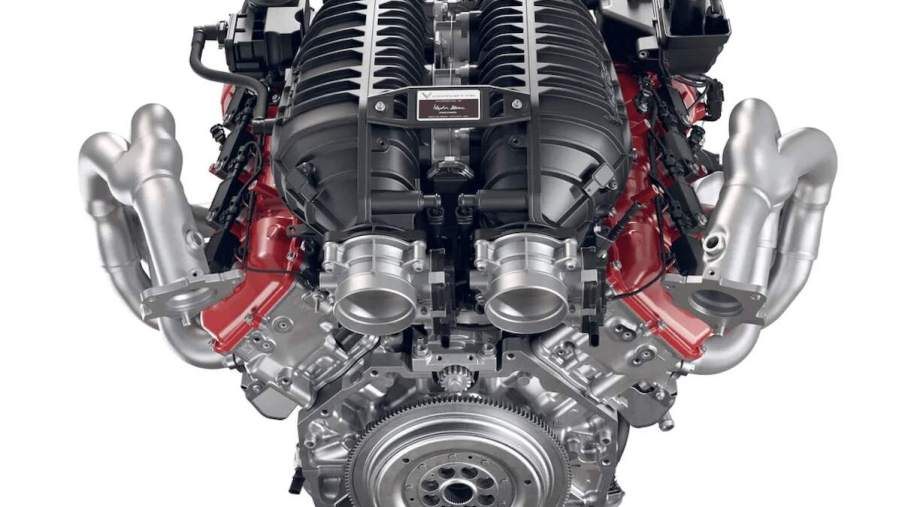
Chevrolet Corvette Z06 Engines Are Exploding: 1 Theory Shifts the Blame
As much positive press as the Chevrolet C8 Z06 Corvette has gotten, we keep seeing reports of Z06 engines exploding with very few miles on them. It’s the one stinker in the otherwise sweet smell of success. Theories abound, but one makes the most sense, and the reason isn’t what you might think. It’s driver error.
Does the Corvette Z06 engine have a design flaw?

Practically new Corvette Z06 models have made headlines for failing engines. One of the more recent is the Corvette engine failure with less than 600 miles on it. The immediate conclusion is something must be inherently wrong with the Z06.
But the LT6 engines are stout, as one would expect with 670-hp capability. And we know General Motors tests the heck out of its new engines before plunking any into a production car. We also know no revisions or technical service bulletins have suggested potential problems.
What is the break-in period for a Corvette Z06?
Now, YouTuber Speed Phenom explains his theory for Z06 engine failure. He thinks it’s negligence during the first 500 miles, when owners should follow typical engine break-in recommendations. New cars need a break-in period to season the engine, and it’s critical in the case of the Z06.
You break in an engine in the first 500 miles. During this period, you vary the RPMs, even on the highway. And never redline the engine. It’s like warming up before a football game or a marathon.
Are Z06 drivers pushing too hard?

On the other hand, you need to increase the break-in period to 1,500 miles for track days. The regime of extremes an engine must handle on the track dictates a sustained period before dropping the hammer on 470 lb-ft of torque. After all, the Z06 packs the most powerful naturally aspirated engine in a production car. Regardless, the break-in period is common knowledge for track stars with new engines.
All of this background helps to highlight Speed Phenom’s observation that drivers are not following decades-long break-in procedures. Quick squirts and tight turns beg for throttle smashes. What enthusiast wouldn’t be tempted to? And that natural reflex to find the new Corvette’s extremes is causing engine explosions.
What about low oil levels?
Another thought from Speed Phenom is that oil might be leaking from an improperly torqued filter. Less oil means less engine component protection, especially when pulling G’s at a track. We’ve seen what that does when the main bearings are starved for lubrication, and it is not pretty.
Though these Corvette Z06 engine failure theories are speculative, they’re good reminders for new-car buyers. Always follow the manufacturer’s recommendations. Voiding your car’s warranty will put you on the hook to replace your engine, and you don’t even want to know how much that would cost.





